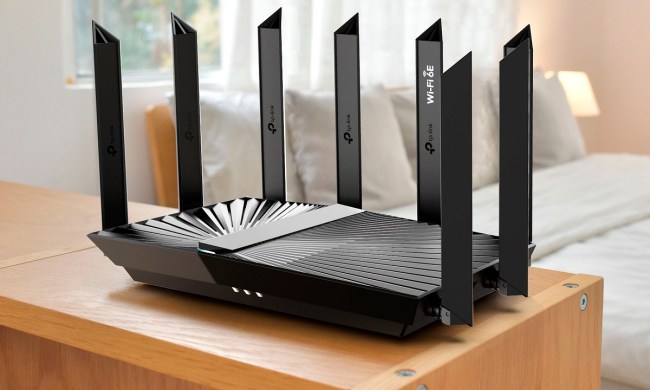
The ritual of having workers gather in a centralized physical office has been largely unnecessary for at least the last five years — and arguably longer than that. A holdover from a more disconnected time, the office is a relic that employers have been reluctant to give up, despite the fact that modern broadband internet makes it possible for most of us to be connected to our co-workers without having to physically sit next to them.
Before the coronavirus pandemic, working from home was often cast as a threat to productivity, and only justifiable in the presence of extenuating circumstances. But now that we’ve been forced out of our shared workspaces and productivity hasn’t plummeted, there is no longer a reason to keep up the charade.
Large companies such as Facebook, Twitter, and Google have managed to operate just fine with decentralized workforces, and have now given employees the option of working from home indefinitely. Others should follow suit. There is little evidence that working outside of a centralized office reduces an employee’s ability to do their job. Because, of course, it doesn’t.
If there has been any bright side to the effects of the pandemic, it’s that this working generation has proven that the office can take its place next to the rotary phone in the annals of history. It’s time to move past it.
Perhaps not better together
There are multiple benefits to encouraging a decentralized workforce, from expanding a company’s hiring pool and reducing stress on employees, to dramatically reducing overhead, and even removing a majority of traffic on commuter roads.
In 2014, I left the office environment to pursue a career in journalism and digital media production. Since then, I have existed purely as a digital presence across five different publications, with no hiccups or issues in doing my job or managing teams. I still log in at 8 a.m., still meet with my team at 9 a.m., and respond to requests in Slack within seconds of receiving a message (OK, this one might just be me).

The fact that day-to-day life has continued on in this environment should not come as a surprise to those who have watched how offices have evolved over the last decade. For people like me who created the demand for text messages and were raised on AIM and MSN messenger, communication online is second nature. Honestly, most of us were already using chat protocols in our cubicles even if we were only a few feet away from one another.
Make it a choice
To be clear, I am not advocating eliminating the office entirely, as many workers like the ability to go into different physical locations than their homes and see people face to face. Sometimes it’s better for meetings, and many folks crave that kind of personal interaction. Some people just want a place to go to during the day. I am advocating making it a choice, though.
Instead of forcing people to work from one location, I think employers should offer smaller decentralized locations that give workers the freedom to choose how they want to work. Why? Let’s look at the world’s biggest tech hub as an example: Silicon Valley.

Before the coronavirus, articles addressing the problem of burnout in Silicon Valley were a common occurrence — like this one. Or this one. And this one. The list keeps going, because it’s a real problem. I and others have argued that a major reason employees burn out is that they cannot effectively escape from their work environment. The idea that the 9 to 5 is for losers was pervasive. In Silicon Valley specifically, these giant physical complexes are built and designed to keep employees around as long as possible. And even after workers finally get to leave, they would often spend multiple hours in traffic just trying to get home. That leaves very little time to recharge, which in turn contributes to burnout.
It’s time to stop it with the sparkly, big tech company properties. It’s time to bail on the Apple Infinite Loops, the Facebook complexes, and the sprawling Google campuses. They all need to go, and instead, we should focus on the happiness and well-being of our workforce. Removing the office won’t fix all the problems (companies still need to learn how to respect the time of their workforce), but it’s a step in the right direction.
Give us, the people, some level of agency in our busy lives, and we’ll all reap the benefits.



